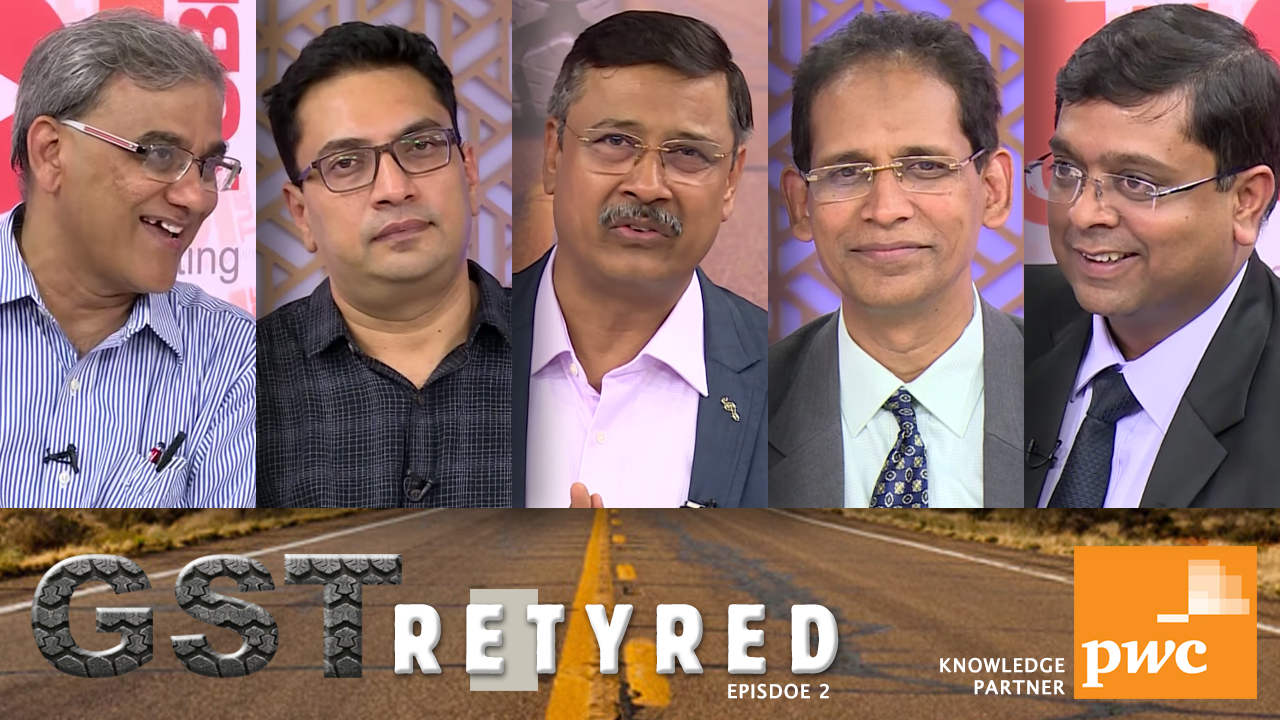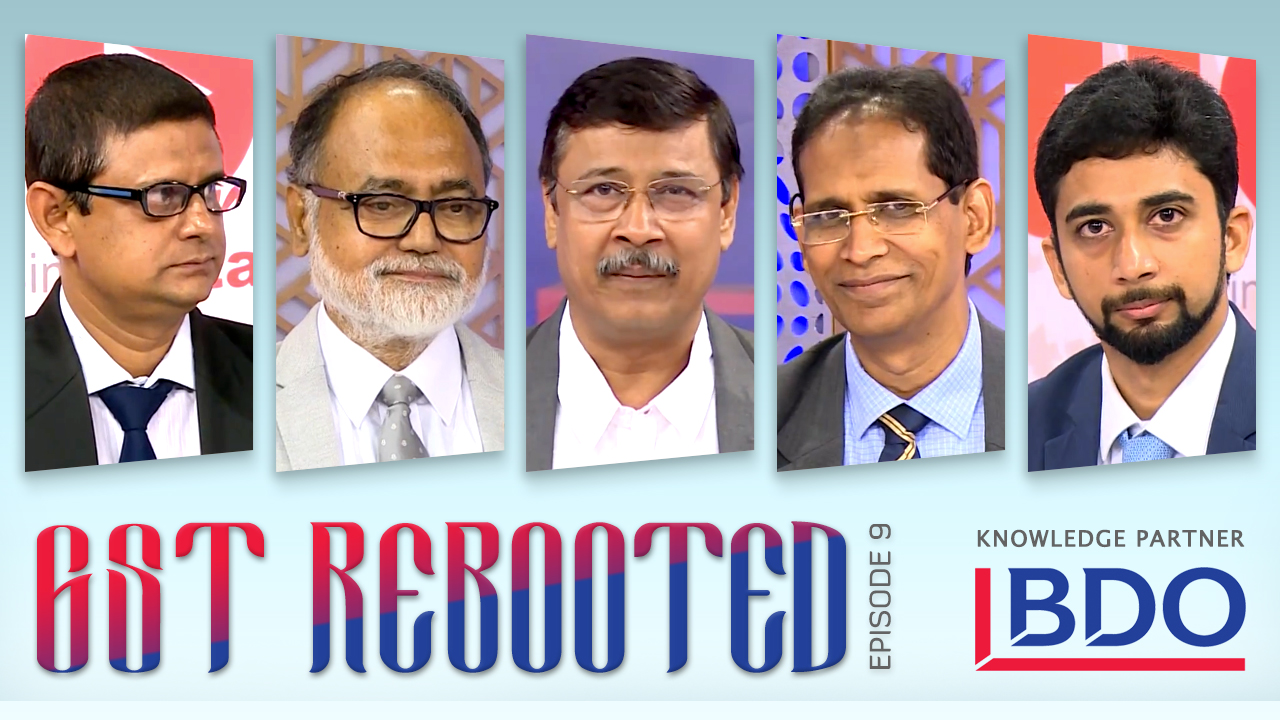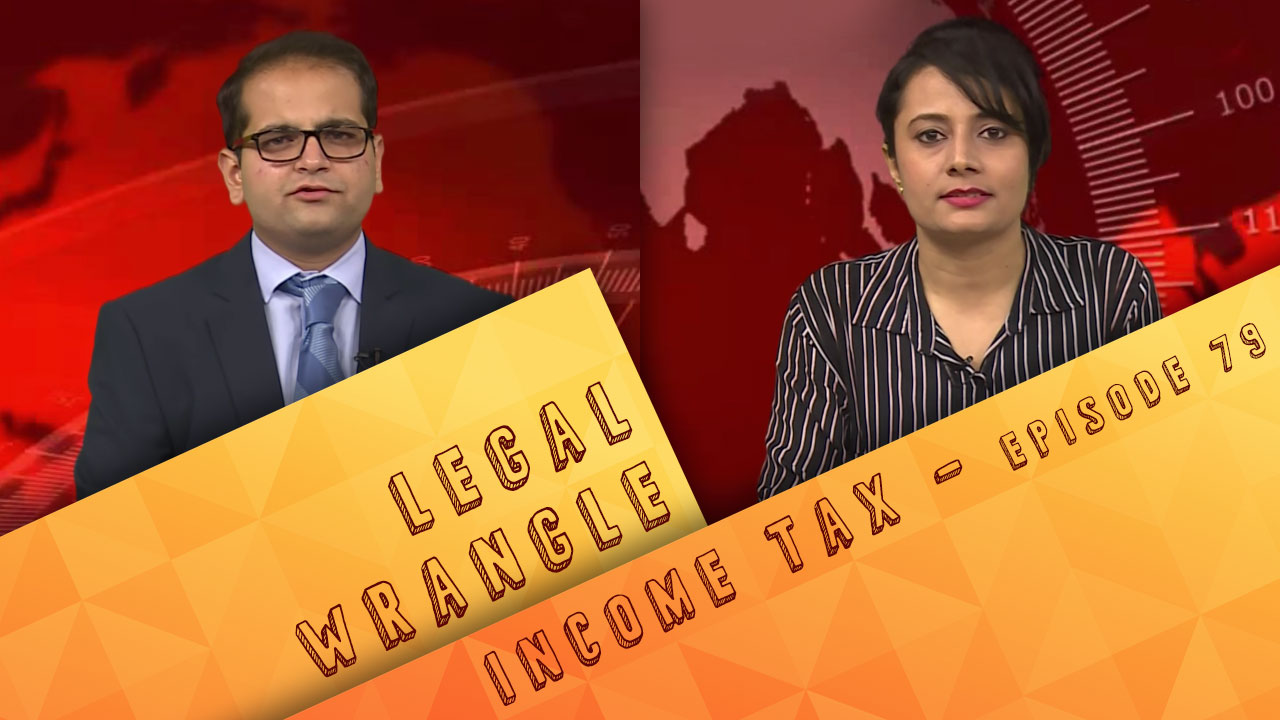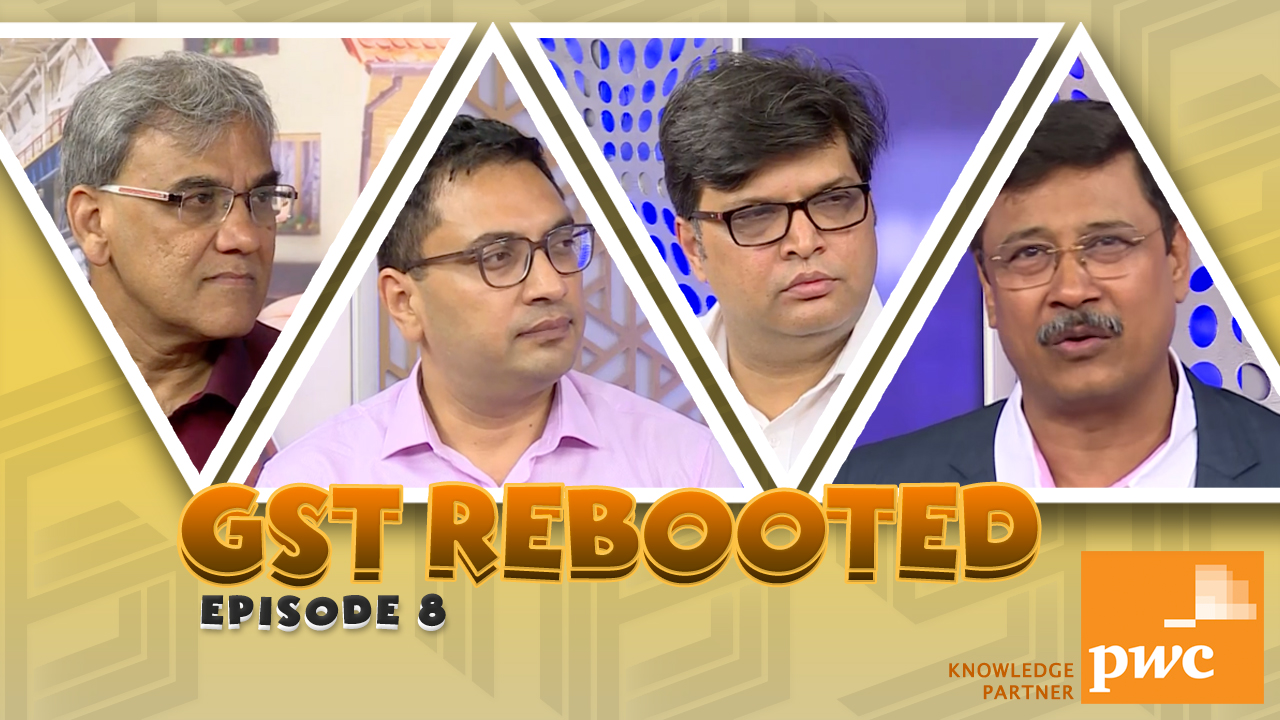SERVICE TAX
2018-TIOL-2514-CESTAT-DEL
Satish Kumar And Company Vs CCE & ST
ST- The assessee undertook construction activity for various customers - It can be stated that the services rendered in the form of civil construction involves supply of various goods such as steel, cement which get consumed in the process of providing construction service - Duty demand was raised for payment of duty for the work carried out for various customers - The lower authorities confirmed the demand & ordered payment of duty under the categories of 'Commercial or Industrial Construction Service', 'Construction of Complex Service' as well as WCS - In addition, it denied the benefit of abatement in respect of all the above services - In respect of WCS the benefit of Composition Scheme was not extended to the assessee - Hence, the present appeal.
Held - In the light of the L&T case , all such contracts are liable to be classified only under the category of 'Works Contract Service' and liability for Service Tax arises only w.e.f. 01/06/2007 - The 'Works Contract Service' was included in the statue under Section 65 (105) (zzzza) w.e.f. 01/06/2007 -No Service Tax can be levied for the period up to 31/05/2007 - The demand was raised for extended period which is deleted - The demand is only restricted to normal period as per section 73 - Hence, the demand & order challenged is set aside : CESTAT (Para 2, 6, 7, 8, 9) -
- Appeal dismissed: DELHI CESTAT
CST Vs Sovereign Media Marketing Pvt Ltd
ST - On audit by the Department, it was observed that during the period in dispute, the assessee canvassed advertisements for Maalai Malar - Thereafter, Malar Publications took over the business of the assessee - It was noticed that the activity of canvassing advertisements would fall within the abmit of BAD and there by liable to service tax - Duty demand was raised - Whilst the adjudicating authority confirmed the demand, the Commr. (A) set aside the same - Hence, the present appeal.
Held - The Tribunal for the subsequent period has set aside the demand on the ground of limitation - In Malar Publications case the Tribunal opined that there was no suppression on the part of the assessee with intent to evade service tax and that the issue was one of interpretation - Furthermore, there were several circulars issued by the Board with respect of levy of service tax on advertisement service or activities of advertisement agency or print media - Therefore, as the issue was interpretational and there being no malafide established against the assessee - The order challenged is upheld : CESTAT (Para 2, 6)
- Revenue's appeal dismissed: CHENNAI CESTAT
CENTRAL EXCISE
2018-TIOL-2520-CESTAT-MUM + Case Story
Pharma Chem Services Vs CCE
CX - Grant of loan by private limited company to one of its share holders for creating a proprietary unit - whether clearances are to be clubbed for the purpose of SSI exemption - Difference of opinion - Matter referred to the President: CESTAT
- Reference made; MUMBAI CESTAT 2018-TIOL-2517-CESTAT-AHM
Aishwarya Plast Exports Pvt Ltd Vs CCE, C & ST
CX - A SCN was issued to assessee on two counts, firstly by holding that assessee 's DTA sale entitlement should be calculated on goods which are exported or expected to be exported in terms of Notfn 23/2003-CE - Accordingly, it was alleged that the value of plastic bags which were physically exported cannot be counted for computing DTA sale entitlement in respect of Plastic Agglomerates and Plastic Pellets (Granules), which were cleared for DTA sale, since plastic agglomerates/pellets are not similar to plastic bags - The second issue raised relates to third time payment of Education Cess and S&H Education Cess on the DTA clearance - Tribunal in case of Amitex Silk Mills Ltd. held that the clearances made by the respondent are clearly within the permissible limit of DTA sales - The decision of Tribunal was approved by Apex Court and the said decision was followed by Tribunal in case of Nandan Synthetics Pvt. Ltd. 2014-TIOL-642-CESTAT-AHM - The said decision of Tribunal was also approved by Supreme Court in 2014-TIOL-107-SC-CX - Impugned order needs to be modified to the extent that for the purpose of DTA clearance, value of deemed export is also to be considered as export - As regards the issue regarding charging of Edu. Cess and S&H Edu. Cess for third time, decision of Sarla Polyester 2008-TIOL-985-CESTAT-AHM has been relied upon by Commissioner (A) - It is noticed that subsequently in the case of Sarla Performance Fibres Ltd. 2010-TIOL-408-CESTAT-AHM a different view was taken and the said view was affirmed by High Court of Gujarat as reported in 2012-TIOL-359-HC-AHM and it was maintained by Apex Court also - Relying on the decision in case of Sarla Performance Fibres Ltd. , appeal is allowed: CESTAT
- Appeal allowed: AHMEDABAD CESTAT 2018-TIOL-2516-CESTAT-KOL
CCE Vs Bindawala Cables and Conductors Ltd
CX - Assessee is engaged in manufacture of various grades of Alluminium Conductor - It has been alleged that they have wrongly availed CENVAT Credit on M.S. Wire and Wire Rod on the basis of invoice issued by two companies without actual receipt of goods from Suppliers concerned - It has been further alleged that there are only paper transactions - The case of Revenue is that assessee availed the credit in a fraudulent manner and therefore imposition of penalty is warranted under provisions of Section 11AC of CEA, 1944 - It is observed that allegation of Revenue, that the assessee was not entitled to avail CENVAT Credit, since they have only resorted to paper transaction without actual receipt of impugned goods, to be devoid of merit - The Commissioner (A) proceeded on the basis that the assessee reversed the credit before issuance of SCN and therefore there was no mala fide intent on the part of assessee - Tribunal is unable to accept such findings of Commissioner (A) - Assessee reversed the credit availed on basis of invoices issued by two supplier companies - It was found that credit was availed on the basis of invoices without actual receipt of goods - Apparently, fact of reversal of credit is linked with non-receipt of inputs and no other conclusion can be drawn - Hence, Order of Commissioner (A) regarding the setting aside of penalties cannot be sustained - The Tribunal in identical situation in case of M/s. Steel Centre 2017-TIOL-4513-CESTAT-KOL upheld the demand of CENVAT Credit along with interest and imposition of penalty on assessee and reduced the penalties on co-noticees - Imposition of penalty on Shri Bhagwan Das Bindawala, Director of assessee is set aside - However, assessee and M/s Kritika Wires Pvt. Ltd. were involved in offence and facilitated the assessee to avail irregular Cenvat Credit in a fraudulent manner and therefore the imposition of penalty is justified: CESTAT -
- Appeal partly allowed: KOLKATA CESTAT
Shivam Engineers And Fabricators Vs CCE
CX - The assessee is engaged in the process of hot deep galvanization of MS fabricated items - Under the misconception that galvanization does not amount to manufacture and hence were registered for paying service tax with the CE Department - The process of galvanization was taking place on job work basis at the unit which was availing area based exemption Notification No.50/2003-CE - It appeared to the Revenue that galvanization amounted to manufacture and therefore, the assessee were required to pay CE duty on the process of galvanization in place of payment of Service Tax - For three subsequent periods, SCN was issued and extended period of limitation was invoked - These SCN's were adjudged and demand confirmed along with imposition of personal penalty & interest - Another SCN was issued invoking sub-section (4) of section 11A of CEA, 1944 and assessee was called upon to show cause as to why Central Excise duty hould not be demanded from them.
Held - the activity of job-work undertaken by the assessee was within the knowledge of the Department as can be seen from the documents relied upon which is ninety two books of job-work challans issued by the assessee during the period in dispute - Therefore, SCN is hit by limitation - With respect to SCN issued by invocation of extended period of limitation, when the first SCN has been issued invoking extended period of limitation then subsequently a second SCN invoking extended period is not legitimate - Following the principle laid down by the Supreme Court in the case of Nizam Sugar Factory v. Collector of Central Excise, A.P. - The SCN is held invalid - With respect to invocation u/s 11A (4) of CEA, 1944 no ingredients discussed in the SCN is found - Mere failure or negligence in not taking a licence or not paying duty would not be sufficient to invoke the extended period - Hence, the order challenged is set aside : CESTAT (para 2, 6, 7) - Assessee's appeal allowed: ALLAHABAD CESTAT
CUSTOMS
NOTIFICATIONS
cnt71_2018
CBIC notifies tariff rates for importing Palm Oil, Palmolein, Soya bean oil, Brass Scrap, Poppy Seeds, Gold, Silver & Areca Nuts
dgft18pn030
Acceptance of installation certificate under EPCG Scheme by the RAs, wherein installation certificate is submitted beyond 18 months, without penalty
CASE LAWS
2018-TIOL-2512-CESTAT-MAD
National Synthetics Vs CC
Cus - The assessee company imported a consignment of Spandex Yarn - It filed a revised electronic declaration after noticing an error in the original one - However, before the fresh declaration could be uploaded, the EDI system was closed due to the reason that budget changes were to be uploaded - Later, when the revised declarations were uploaded and bills of entry were generated, the assessee was directed to pay CVD at enhanced rates implemented during the budget - Such duty was paid under protest - The assessee later sought re-assessment of the bill of entry - However, such request was denied.
Held - The declaration was filed on 06.07.2009 & it was entered in the EDI system & the Job No.7533/09, dated 06.07.2009 was generated at 16:20 hrs on the same day - Hence such date be taken as the date of filing bill of entry u/s 15(1) of the Customs Act - The delay in generating bill of entry on account of closure of EDI systems is no ground to deny re-assessment of bills of entry: CESTAT (Para 1,5,6) -
- Appeal allowed: CHENNAI CESTAT
Redington India Ltd Vs CC
Cus - the assessee company filed bills of entry for clearing Cogent Lifescan for Finger Print Scanner - The assessee classified such item under heading 84716050 attracting nil rate of BCD - However, the Department classified the goods under heading 85437099 of 'Electrical Machines and Apparatus' having individual functions not specified or included elsewhere in Chapter 84 & 85 - On appeal, the Commr.(A) upheld the classification favored by the Department.
Held - It is understood that product description had to be sourced from the internet as the assessee omitted to produce product catalogue or technical write-up - However, it is seen that the Commr.(A) searched for 'Life Scan Finger Print Devices? and not 'Cogent Lifescan Finger print Scanner' - Hence the Commr.(A) decided upon the classification based on whatever information popped up - Besides, the website of the manufacturer contains a catalogue and write-ups for the items - Nothing prevented the Department from obtaining expert opinion or else at least seek a write-up - Hence the classification favored by the assessee will prevail: CESTAT (Para 2,6)
- Appeals allowed: CHENNAI CESTAT
|








